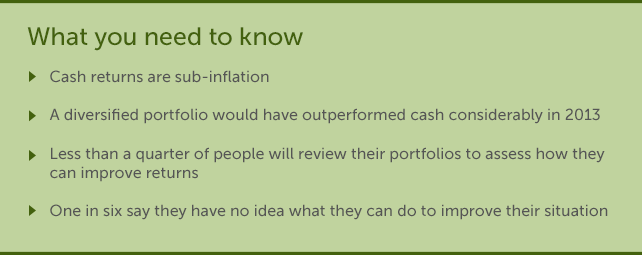Investing in TIPS Can Retirees Beat Inflation
Post on: 8 Октябрь, 2015 No Comment

Investing in TIPS: Can Retirees Beat Inflation?
Q. Are TIPS a good investment for a retiree? Rich Sherman
A. If your goal is to protect the value of your assets and your income from inflation over the course of a long retirement, then you should certainly consider TIPS, or Treasury Inflation Protected Securities.
Amy Schumer: Class Clown of 2015
Cuba Libre
Bitter Pill: Why Medical Bills Are Killing Us
But before you go stuffing your retirement portfolio with them or more likely, TIPS funds you first need to understand the type of the inflation risks you face in retirement. Youll also want to keep in mind that you already have a very powerful inflation buffer in Social Security, as its payments are pegged to the inflation rate.
So as important as hedging your retirement portfolio against inflation is, you dont want to overdo it.
Essentially, you need to guard against two forms of inflation during retirement. The first is what economists call expected inflation, or the steady rise in the price level that takes place over many years.
Hedging against this version of inflation is relatively straightforward: Keep a portion of your savings in investments that have the potential to generate returns several percentage points or more above the inflation rate over the long term.
Stocks are clearly one such investment, although mutual funds that invest in REITS and other real estate-related investments can also provide long-term inflation-beating returns. (Dont forget that if you own a truly diversified portfolio of stocks, such as a total stock market index fund, you already have REITs in the mix.)
The second type of inflation you need to protect against is unexpected inflation. This is the kind that can flare up suddenly, like the oil-price shocks of the mid-1970s and early 1980s.
These spikes are usually relatively short-lived, so theyre not a major issue for people still investing for a retirement thats decades down the road. But if youre a retiree relying on your investments for current spending cash, even short spurts of inflation can make it more difficult to maintain your standard of living.
The issue is how to deal with this second inflation threat. Many advisers recommend investments like commodities or gold, which have the potential to generate lofty returns when unanticipated inflation takes off.
But Vanguard Investment Counseling and Research principal John Ameriks points out that these outsized returns arent a given. There are many historical instances where you see high inflation and low commodity returns, says Ameriks. Indeed, research shows that theres roughly a 30% chance that commodities could post negative returns if inflation goes up.

TIPS, on the other hand, are uniquely suited for handling unexpected inflation. Unlike commodities or gold, which may be statistically likely to climb in value if inflation spikes, TIPS have been specifically designed to rise along with increases in the consumer price index.
That said, TIPS also have some drawbacks. They are bonds, so their value can fall if real interest rates rise. Whats more, demand for TIPS from investors seeking shelter from inflation has pushed their real yield, or their payout after inflation, close to or even below zero. Recently, for example, the real yield on 10-year TIPS was -0.53%.
Many advisers have pointed to TIPS negative real yields as a reason not to own them. But while investing in TIPS when their real yield is negative does mean youll earn less than the inflation rate, the principal value of the TIPS and the income they throw off will still rise if inflation picks up. Thus, by owning them you are still protecting yourself should inflation climb in the future or spike unexpectedly in the short-run.
Besides, its not as if regular Treasuries or other bonds will thrive if inflation heats up. Quite the opposite. Conventional 10-year Treasuries recently yielded about 2.03%. So if inflation exceeds that level over the next 10 years, regular 10-year Treasuries would generate a loss. And if inflation exceeds 2.56% the recent difference between the -0.53% yield for 10-year TIPS and the 2.03% yield for 10-year nominal Treasuries then TIPS will outperform regular, or nominal, Treasuries.
Thats why you really want to own both TIPS and regular Treasuries and other bonds. If inflation rises over time or just spikes for a shorter period at some point in the future, then TIPS could be the better performer. If inflation stays tame or becomes even more docile, then conventional bonds will generate better returns. By owning both, youre hedging your bets.
You can argue about how much of a retirees bond stake should go to TIPS vs. nominal bonds. But if your retirement portfolio already includes some stocks to protect against expected inflation over the longer term, then devoting, say, 25% to 30% of your bond holdings to TIPS seems a reasonable way to guard against both expected and unexpected inflation.
Bottom line: Investing in TIPS is a reasonable way for you to protect your purchasing power in retirement. But do it in moderation. Because the more you focus your investing strategy toward dealing with one risk, the more vulnerable you are to others.














